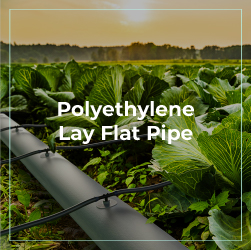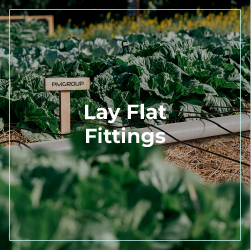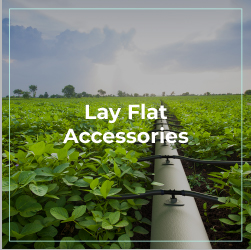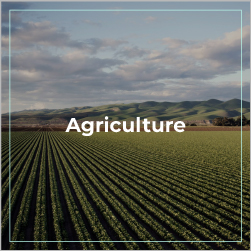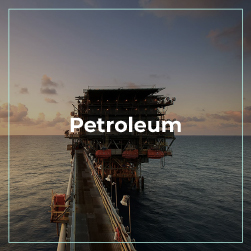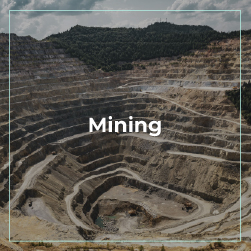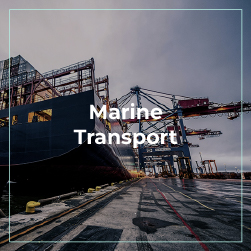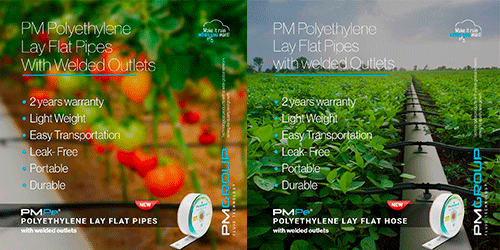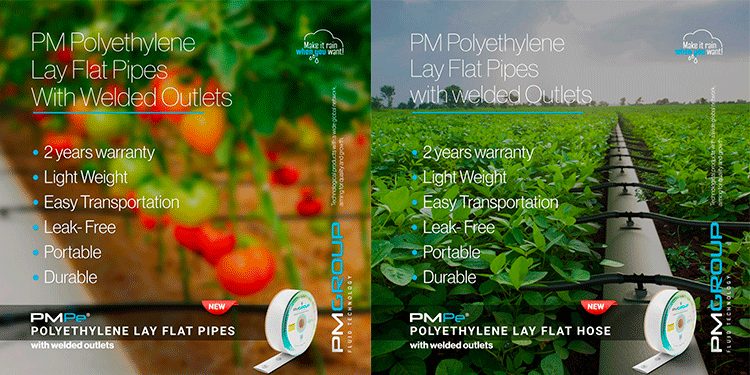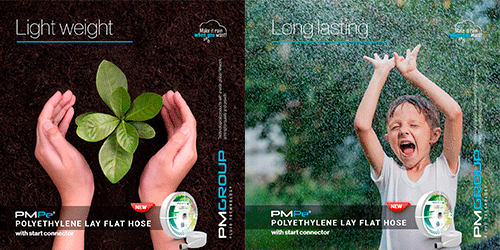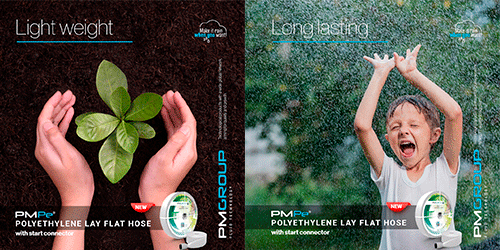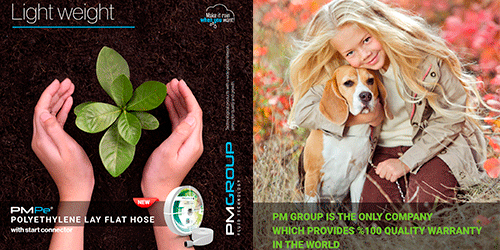Layflat pipes, known for their flexible and easy-to-store nature, are essential in various industries. Their unique design allows them to be easily deployed and retracted, making them a popular choice for fluid transfer applications. Among the different types of pipes, welded versions offer distinct advantages that are particularly valuable in real-world applications.
Advantages of Welded Layflat Pipes
Welded layflat pipes are designed to withstand higher pressures and harsher conditions compared to non-welded varieties. The welding process enhances the structural integrity of the pipes, making them more durable and reliable for heavy-duty uses. This makes them ideal for applications requiring robustness and longevity.
In agriculture, welded layflat pipes are extensively used for irrigation systems
Their ability to handle high-pressure water flow without leaking makes them perfect for distributing water across large fields efficiently. They are often used in conjunction with pumps to deliver water from a central source to various parts of the farm, ensuring uniform irrigation.
Construction sites benefit from welded pipes due to their capacity to manage high-pressure fluids, such as water or slurry. These pipes are used for dewatering excavations and managing water runoff. Their flexibility allows them to navigate around obstacles, while their durability ensures they can handle the tough conditions commonly found on construction sites.
In various industrial settings, welded layflat pipes are used to transport chemicals, oil, and other fluids. Their resistance to chemical corrosion and high-pressure performance makes them suitable for handling diverse and challenging substances. Industries such as oil and gas, chemical processing, and manufacturing rely on these pipes for safe and efficient fluid transfer.
Mining Operations
In the mining industry, welded pipes are crucial for transporting water and slurry between different parts of a mining operation. They are used for dewatering mines and managing tailings, ensuring that operations run smoothly and efficiently. Their resistance to abrasion and pressure makes them suitable for handling the challenging materials encountered in mining.
Welded layflat pipes are also employed in emergency flood management and disaster relief scenarios. They are used to quickly deploy temporary flood barriers and to manage water flow in areas affected by heavy rain or flooding. Their ease of deployment and high-pressure capabilities make them a valuable tool for mitigating the impact of natural disasters.
Welded layflat pipes offer significant benefits in real-world applications due to their durability, flexibility, and ability to handle high-pressure conditions. From agricultural irrigation to emergency flood management, their versatility makes them an invaluable component in numerous industries. Whether dealing with water, slurry, or chemicals, welded pipes provide reliable performance and efficiency, demonstrating their essential role in modern infrastructure and operations.
Environmental and Sustainability Benefits
In addition to their practical applications, welded layflat pipes contribute to environmental sustainability. Their durable construction reduces the need for frequent replacements, minimizing waste and resource consumption. Additionally, their efficient design aids in better management of water resources, helping to prevent overuse and optimize distribution. By facilitating precise fluid transfer and reducing leakage, these pipes help conserve water and other essential resources, supporting eco-friendly practices across various industries. Their role in sustainable practices underscores their importance not only for operational efficiency but also for environmental stewardship.

